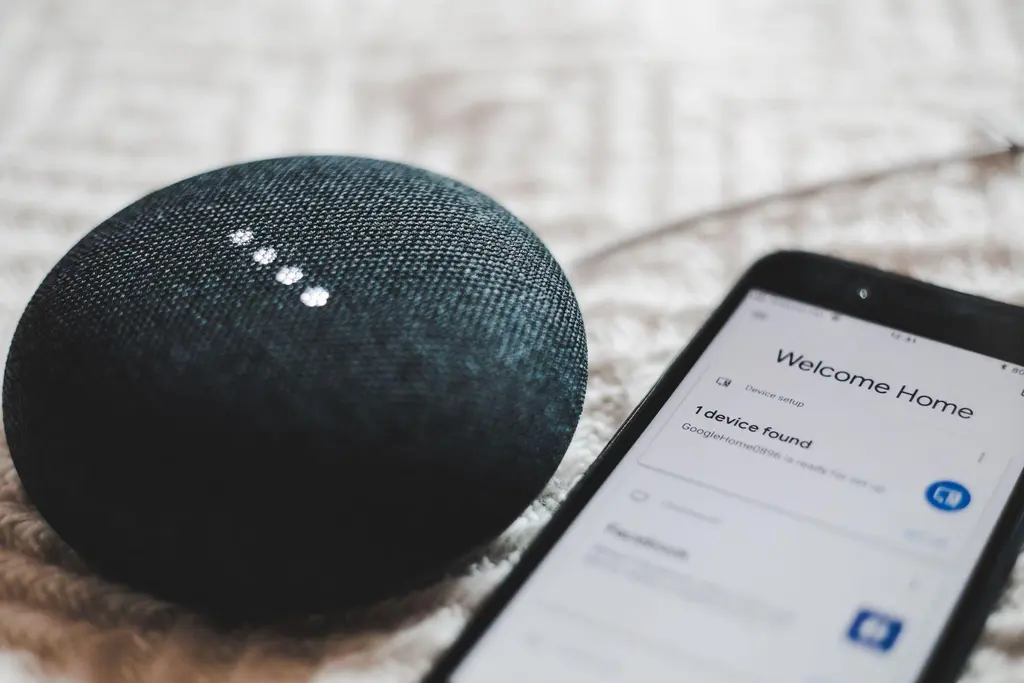As more individuals try to automate their houses and simplify their lives, smart home technology is growing in popularity. There are innumerable gadgets that claim to make your house more convenient and safe, ranging from smart locks that let you operate your front door from a distance to thermostats that remember your routine.
Smart home technology does come with hazards, though, just like any other technology. This article will discuss the security dangers associated with smart home technologies and offer advice on how to safeguard your privacy.
Risks to Security from smart home Technology
Hacking
Hacking is one of the major security dangers connected to smart home technologies. Because smart home appliances are frequently connected to the internet, hackers can attack them.

A hacker who obtains access to your smart home network may be able to take control of any device you have and access any personal information that is kept on it.
Data gathering
Your behavior, preferences, and routines are all recorded by smart home appliances. This information can be utilized to enhance the device’s usefulness, but it can also be misused for more sinister ends.
Companies could, for instance, sell your data to third parties without your knowledge or approval or use it to target advertisements at you.
Malware
Devices used in smart homes are susceptible to malware assaults. You risk downloading malware onto your smartphone if you open a bogus app or click on a dangerous link.
Once installed, malware may be used to steal personal data, take over your device, or even launch attacks against other networked devices.
Physical protection
Physical security hazards might also be posed by smart home appliances. For instance, if a hacker is able to open your smart lock, they could be able to get into your house without your knowledge or permission.
Similar to that, if a hacker obtains access to your security cameras, they may watch your actions and utilize the data for bad.
The importance of maintaining smart home tech
For your smart home gadgets to operate well and last a long time, regular maintenance is essential. You should routinely conduct tasks like cleaning the device, looking for and fixing leaks, and upgrading the software and firmware on your device.
In addition, replacing the air filter for heat pump on a regular basis may increase its effectiveness and guarantee cleaner air in your house. These little steps might seem inconsequential, but they have a substantial impact on the overall functionality and longevity of your gadgets.
How to keep your privacy safe
Utilize secure passwords
Using strong, individual passwords for every smart home device is one of the simplest methods to prevent hackers. To build a secure password, stay away from using popular passwords like “123456” or “password” and instead use a mixture of upper- and lowercase characters, digits, and symbols.
Regularly update your devices
Updates are frequently released by manufacturers to fix security flaws in their products. As soon as an update for one of your smart home’s devices becomes available, make sure to install it.
Put two-factor authentication to use
Your smart home gadgets gain an additional degree of protection thanks to two-factor authentication. When you enable two-factor authentication, in addition to your password, you will need to give a second authentication method, such as a code delivered to your phone, to access your device.
Disable features that are not necessary
Numerous smart home appliances include features that you might not require or want. For instance, you may turn off your smart speaker’s voice control capability if you don’t intend to use it to lower the danger of illegal access.
Pay attention to data collection
Make sure to pay attention to the data collection settings when configuring your smart home appliances. As you adjust the settings, make sure you are comfortable with the amount of data the device is gathering. Additionally, you might want to think about using tools that let you limit the amount of data that is gathered.
Apply a VPN
By encrypting your internet traffic and disguising your IP address, a virtual private network (VPN) can assist in safeguarding your smart home appliances. This can aid in limiting the ability of hackers to access your network and track your internet activities.
Utilize a firewall
By preventing unwanted access to your devices, a firewall may help safeguard your smart home network. To prevent unwanted access, confirm that a firewall is present on your network and that it is correctly configured.
Use encrypted WiFi
To use your smart home devices, make sure you are connected to a secure Wi-Fi network. Use private networks only; stay away from networks with shoddy encryption.
To keep your smart home gadgets distinct from your other devices, you might also want to think about creating a separate Wi-Fi network for them.
Watch your equipment
Check your smart home’s gadgets frequently for any strange behavior. Look through the logs on your device for any indications of unauthorized access or data breaches. To safeguard your devices and data, act promptly if you discover anything unusual.
Think about privacy-focused technology
If maintaining your privacy is a high priority for you, think about utilizing technology that is privacy-focused. For instance, certain smart home appliances don’t gather any data or just store it locally, which might help you maintain your privacy.
Conclusion
In conclusion, even while smart home technology has numerous advantages, it also poses security threats that might jeopardize your safety and privacy. You may reduce these dangers and take full use of smart home technology by taking a few easy precautions, such as using secure passwords, upgrading your gadgets often, and being aware of physical security hazards. Keep in mind that being watchful and proactive is the key to protecting your smart home gadgets and your privacy.

